Welcome to our Carnivore / Ketovore / Keto Online Community!
Welcome to Carnivore Talk! An online community of people who have discovered the benefits of an carnviore-centric ketogenic diet with the goal of losing weight, optimizing their health, and supporting and encouraging one another. We warmly welcome you! [Read More]
- Replies 19
- Views 1.8k
- Created
- Last Reply
Most Popular Posts
-
I never use metal on mine. Generally steaming them clean will do the job with a wooden spatula but if it’s stubborn enough I’ll use a plastic scrubber. My main skillet is a Griswald from the 40’s.
-
Your seasoning could be flaking off depending on what you’ve seasoned it with. It won’t hurt you. Unless I’m taking one down to bare metal I never touch mine with any kind of metal abrasive. When I
-
My cast iron has not needed re-seasoning for at least 50 years. Since the seasoning process causes polymerization of the oil/fat used it does not affect the food cooked in the pan. As for cleanin

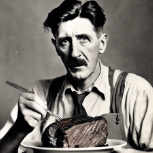


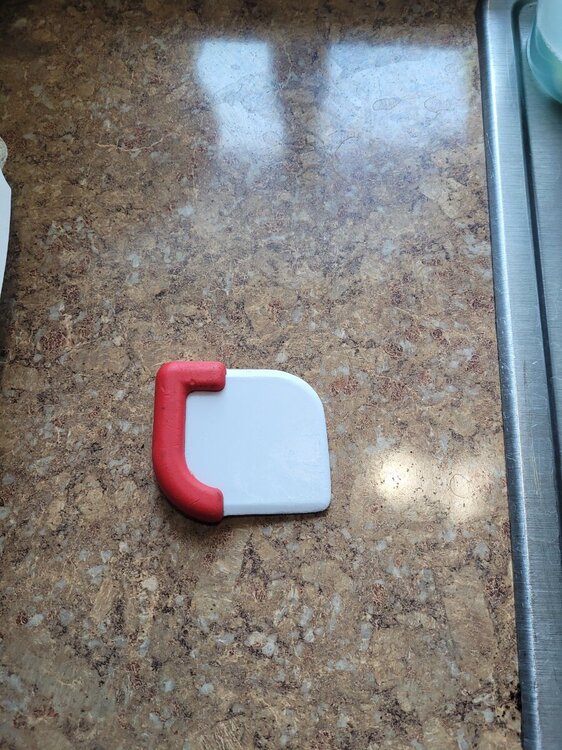
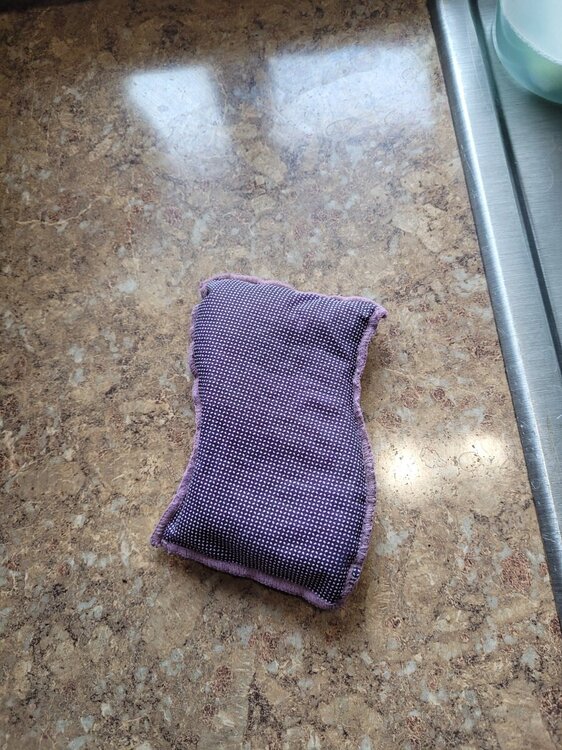
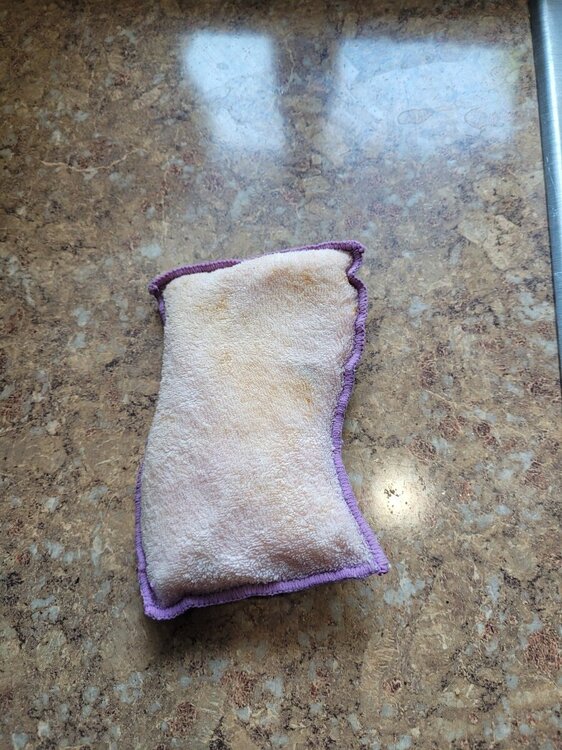
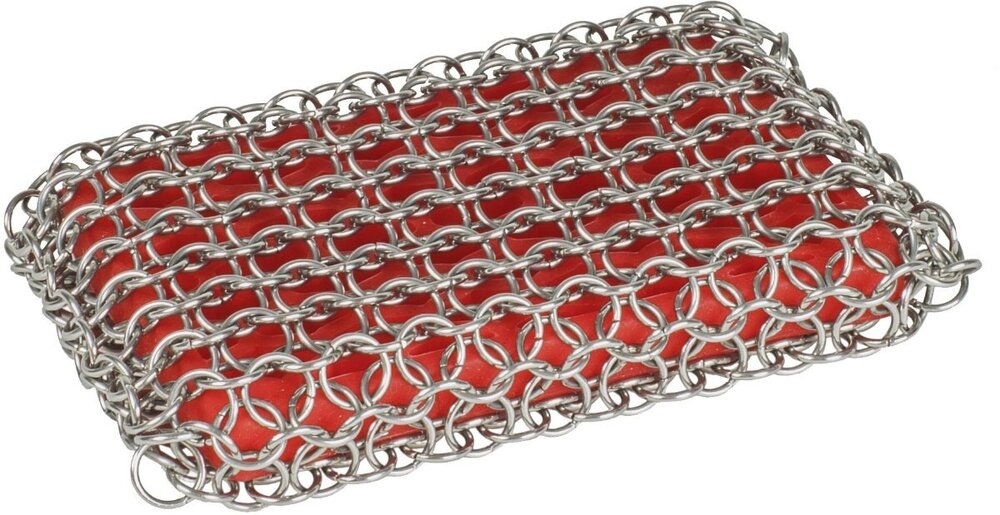
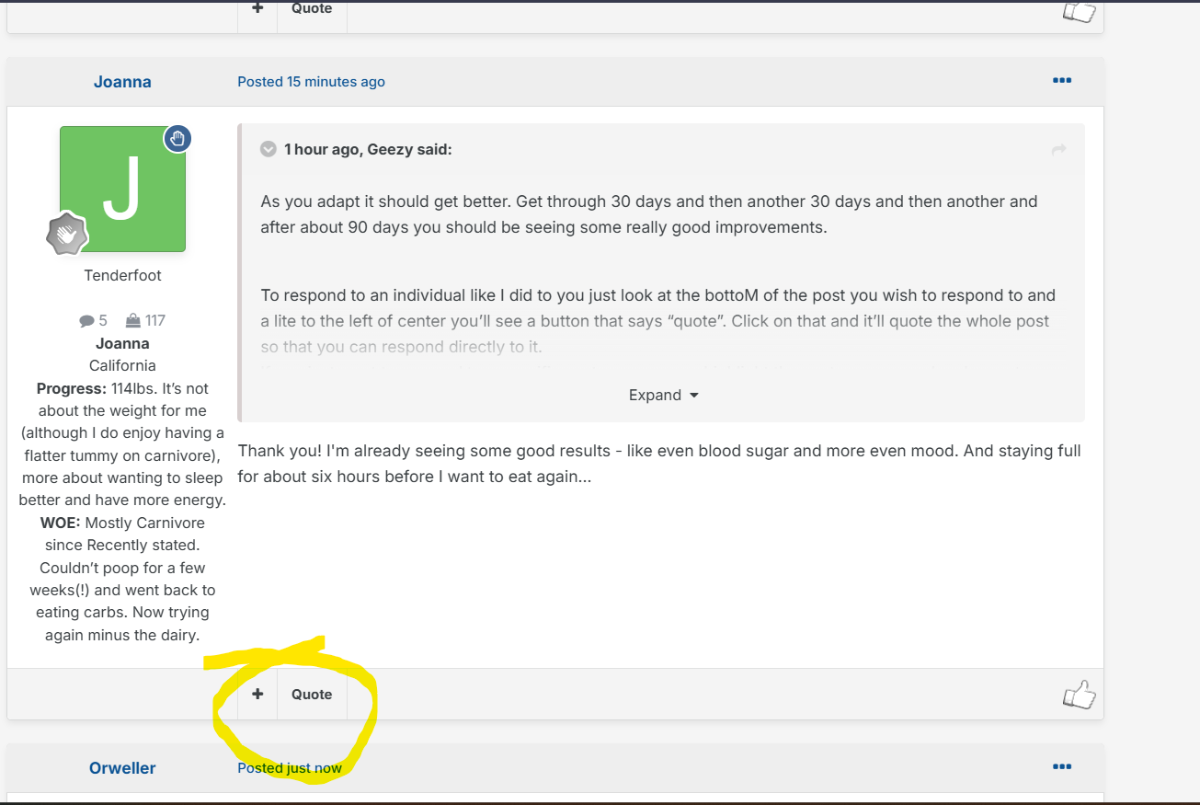





My cast iron pans often leave little black specks on my fried eggs. I scrub them with a cloth and use either a scrub daddy or steel wool to get off stubborn bits. I rinse well and wipe with dish towel. If there is black on the towel I re wash it until the towel is clean. Yet I still get these bits. My husband insists that we need to coat the pan with seed oil to avoid this. We have two separate cast iron pans of the same size for frying eggs. What are these specs? Iron, burnt food? Does it matter. Should I be worried about carcinogens?